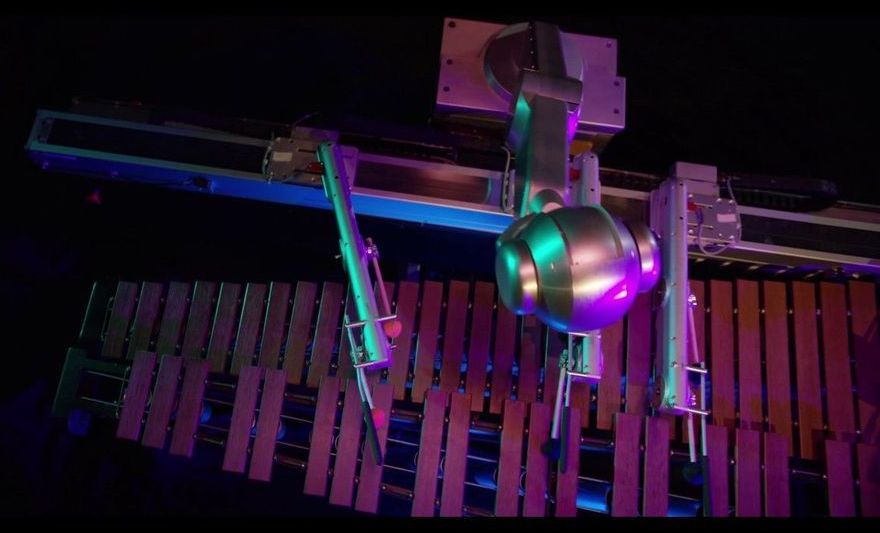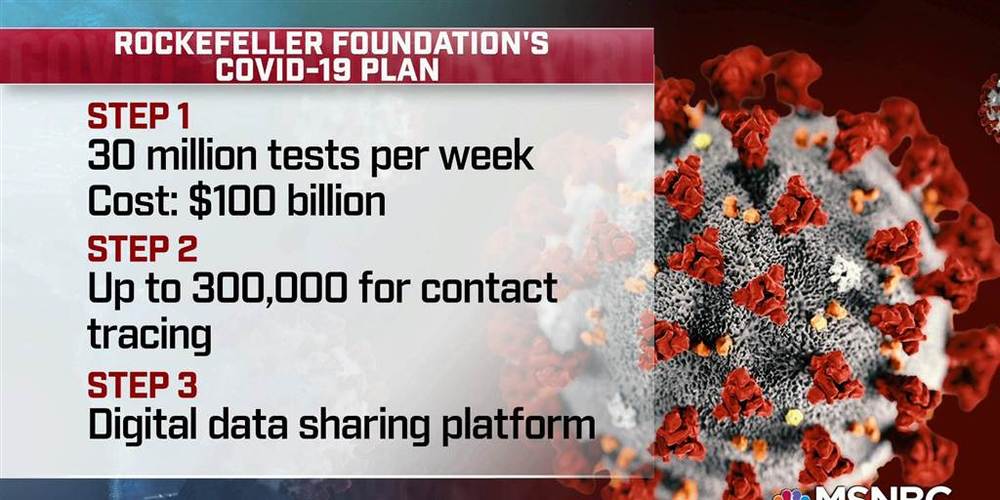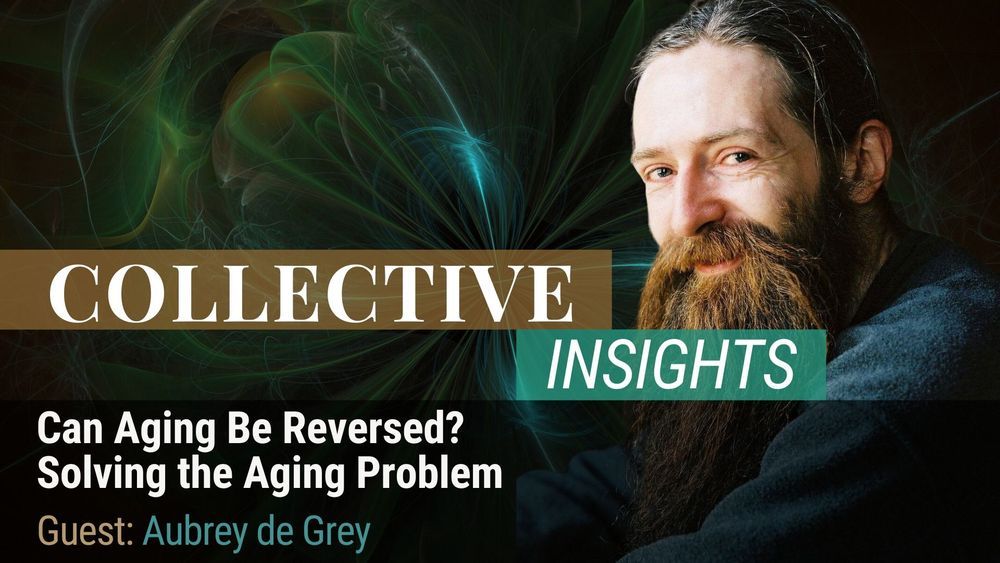Page 7614
Apr 23, 2020
Article trying to answer the matter of whether we will get good meds before vaccines
Posted by Fyodor Rouge in category: biotech/medical
Apr 23, 2020
Elon Musk announces that early access to the Starlink satellite-internet project will launch this year
Posted by Carse Peel in categories: Elon Musk, internet
The SpaceX and Tesla CEO made the announcement of two beta tests — one public and one private — on Twitter Wednesday night.
Apr 23, 2020
The Rockefeller Foundation rolls out plan to test 30 million people a week to reopen the country
Posted by Carse Peel in category: health
The Rockefeller Foundation releases an ambitious new proposal to test 30 million people a week, employ up to 300,000 contact tracers, and establish a digital data sharing platform. Rajiv Shah, President and CEO of the Rockefeller Foundation, and Dr. Kavita Patel, former health policy director in the Obama White House, join Andrea Mitchell to discuss this and other plans to reopen the country. April 22, 2020.
Apr 23, 2020
Did heavy rains trigger the eruption of the most dangerous U.S. volcano? Scientists are skeptical
Posted by Genevieve Klien in category: futurism
A model suggests rains boosted underground pressures and primed Kilauea for eruption in 2018.
Apr 23, 2020
COVID-19 vaccine protects monkeys from new coronavirus, Chinese biotech reports
Posted by Genevieve Klien in category: biotech/medical
Apr 23, 2020
Can Aging be Reversed? Solving the Aging Problem
Posted by Paul Battista in category: life extension
A transcript for this episode is available online in blog form at Transcript: Aubrey de Grey Interview on Solving the Aging Problem.
Imagine a world where we live to 130, 150 or 500 years old. Anti-aging pioneer, Dr. Aubrey de Grey, joins us to share his confidence in how technology will dramatically extend human lifespan. He joins our host, Heather Sandison, ND, to look at aging as a problem to be solved. In this episode, Dr. Aubrey de Grey offers hope to people looking for cutting-edge therapies to live longer. We discuss:
Apr 23, 2020
Whole genome sequencing reveals genetic structural secrets of schizophrenia
Posted by Quinn Sena in categories: biotech/medical, genetics, neuroscience
:ooooo.
Most research about the genetics of schizophrenia has sought to understand the role that genes play in the development and heritability of schizophrenia. Many discoveries have been made, but there have been many missing pieces. Now, UNC School of Medicine scientists have conducted the largest-ever whole genome sequencing study of schizophrenia to provide a more complete picture of the role the human genome plays in this disease.
Published in Nature Communications, the study co-led by senior author Jin Szatkiewicz, PhD, associate professor in the UNC Department of Genetics, suggests that rare structural genetic variants could play a role in schizophrenia.
Continue reading “Whole genome sequencing reveals genetic structural secrets of schizophrenia” »
Apr 23, 2020
NASA: Something Is Off About This Interstellar Comet
Posted by Fyodor Rouge in category: space
We have seen before🤔🤔.
Observations suggest that its home star system could resemble our own. NASA scientists have even suggested that the object may hold water.
Now, a new study by an international team of researchers led by NASA has revealed something highly unusual: gas emanating from the comet contained unusually high amounts of carbon monoxide — up to 26 times higher than that of the average comet.
Continue reading “NASA: Something Is Off About This Interstellar Comet” »
Apr 23, 2020
Robot Uses Deep Learning and Big Data to Write and Play Its Own Music
Posted by Brent Ellman in categories: information science, media & arts, robotics/AI

A marimba-playing robot with four arms and eight sticks is writing and playing its own compositions in a lab at the Georgia Institute of Technology. The pieces are generated using artificial intelligence and deep learning.
Researchers fed the robot nearly 5,000 complete songs — from Beethoven to the Beatles to Lady Gaga to Miles Davis — and more than 2 million motifs, riffs and licks of music. Aside from giving the machine a seed, or the first four measures to use as a starting point, no humans are involved in either the composition or the performance of the music.
Continue reading “Robot Uses Deep Learning and Big Data to Write and Play Its Own Music” »

















